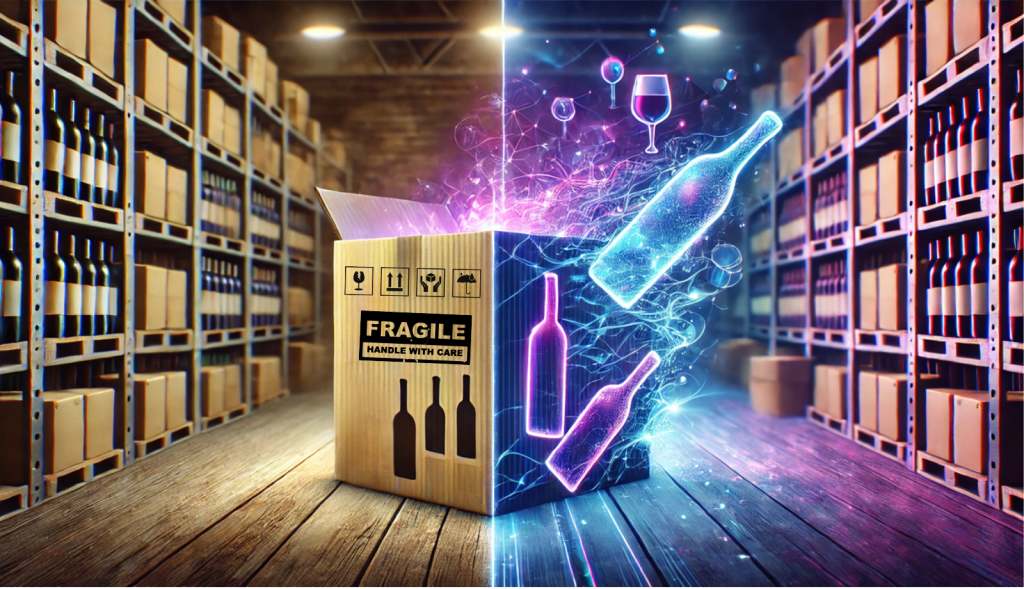In a world increasingly oriented towards digitalisation, the transition from analogue sales and shipping processes to digital solutions represents a fundamental step for every company, especially in the D2C sector.
In fact, automation offers various advantages, such as saving time, increasing operational efficiency and the possibility of following each shipment directly.
The limits of traditional shipping
Analog procedures, although still in use in many companies, show various limitations in a competitive context like today’s. Shipping manually can cause errors with customer data, prolong the shipping process and take a long time.
With a digital shipping solution, companies can instead automate the process, limiting human errors and optimizing the traceability of each package.

Advantages of shipping automation
Automating shipping management not only means speeding up logistics operations, but also improving the entire sales cycle.
Here are some key benefits:
- Complete traceability: Knowing exactly where each order is offers greater control and peace of mind, reducing the number of complaints and service requests.
- Reduction of expenses and time
: Automating processes allows you tooptimize resources, saving time and money without delegating these tasks to people external to the business. - Improved customer experience
: Thanks to greater speed and precision in deliveries, customers are more satisfied and incentivized to repeat purchases. - Integration with other business systems
: A digital shipping platform can be integrated with sales management, making the workflow even more efficient.
How to make the transition to digital shipping
Switching to digital shipping by adopting automated solutions that integrate with your e-commerce allows you to automatically manage the main logistics-related activities. This includes the automatic generation of shipping labels, the management of multiple couriers, the ability to track each package until delivery and above all the guarantee of operating in compliance with the various current regulations. A digital strategy for logistics not only streamlines work, but can increase sales by responding more effectively to market demands. By operating in customs compliance you protect your company and reputation from fraud or sanctions.
The implementation of these processes is particularly important in the food and wine sector, where the number of shipments can vary seasonally and be affected by hypertourism and growing demand. Investing in the digitalisation of shipments allows you to easily manage peaks in demand and improve the quality of the service offered to end customers.

Conclusions
Automating shipping processes from an analog to a digital system is no longer just an option, but a necessity to maintain competitiveness and optimize profits. Through automation, companies can respond efficiently and quickly to market demands, offering a superior service that not only facilitates internal work and increases sales but also increases end customer satisfaction.




